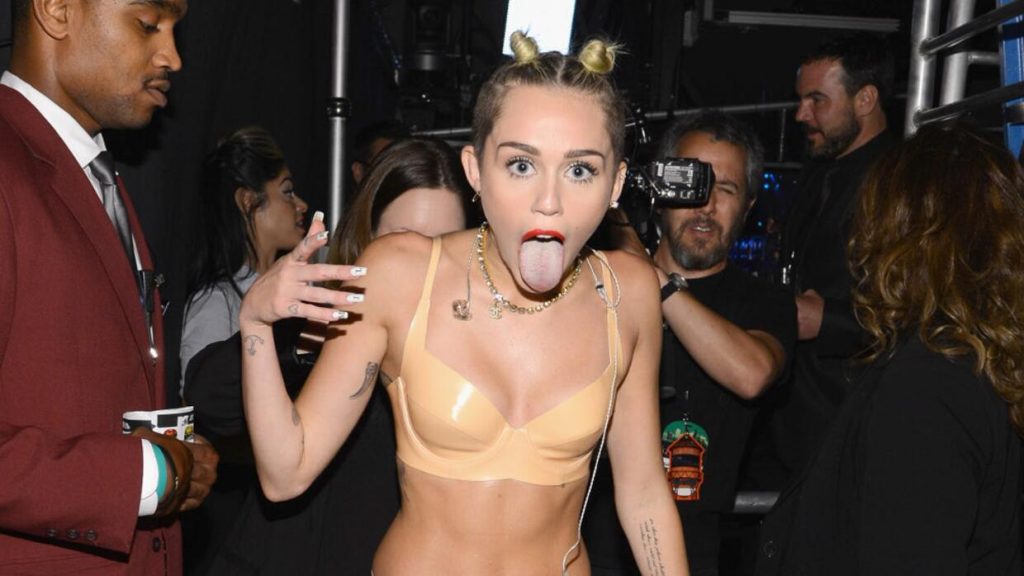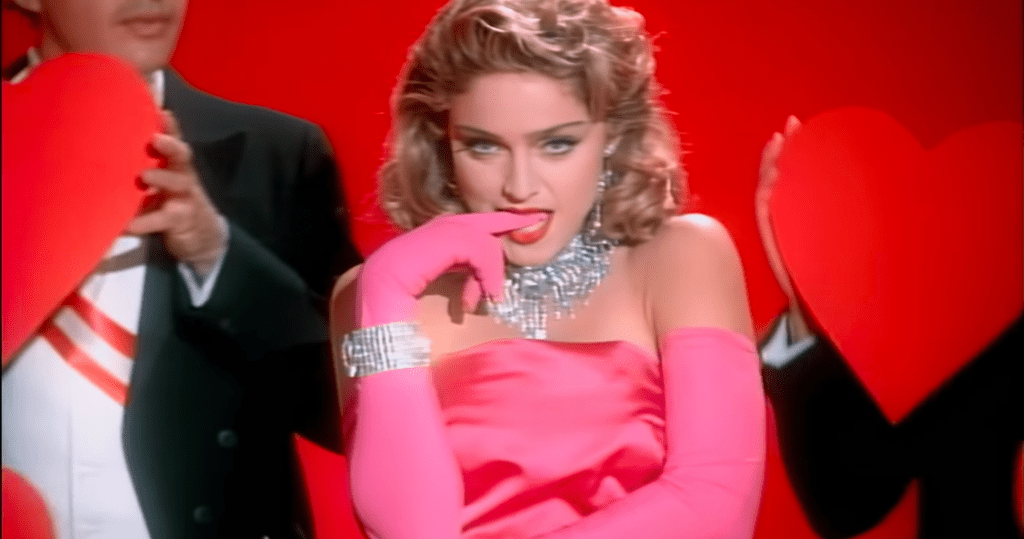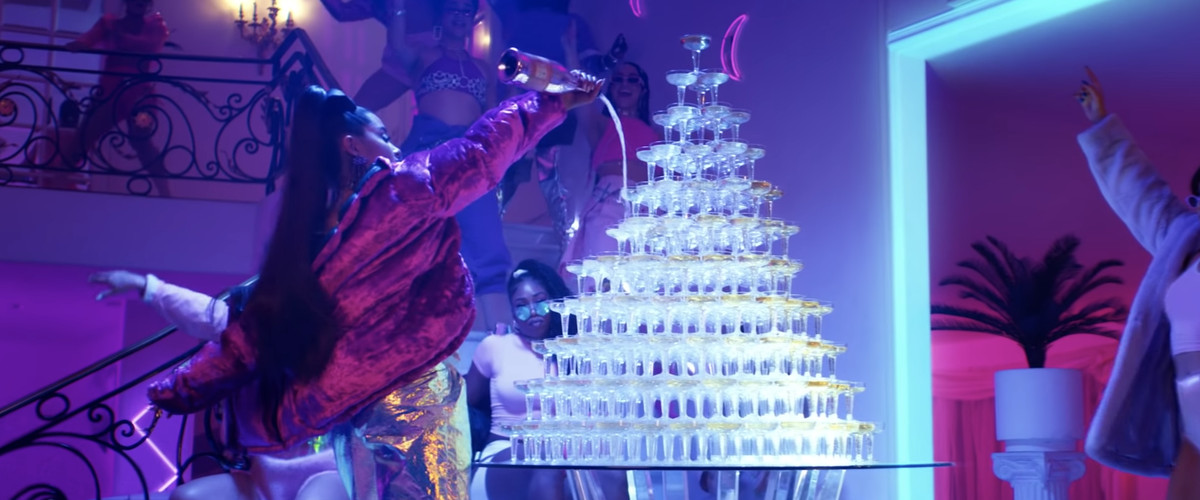“[…] this is nothing but an unprecedented crisis in an unprecedented civilization; the most prolific civilization that has ever existed.”
With this solemnity I ended my blog “Of Course: todays music is RUBBISH“, a text in which I openly comment that a good part of current music is mediocre and stagnant (not to extend too much).
In that chapter of my blog I dedicated myself to interpret with some dismay the worst moment of mass art. This moment supposes, always under my interpretation, the last phase before something happens with the West.
We let the clutch out
Okay, something is going to happen with the West, but, once it is said that we are on the verge of something, what is that “something”? Collapse? Deceleration? Mass extinction?
Thinking long and hard about it, one of the most logical possible events that the West could suffer in the coming years is a kind of economic downturn brought about by development, stabilization and consequent demographic decline. Following this worldview, it may seem that we would go back to warming ourselves with fires in huts, but this need not be the case. Would capitalism die? No, but its modes of consumption and its current approach would be disrupted. To survive what is coming, given that we would have less and less support for new demand, we may be forced to rethink our approaches to work, our communication and our social order in short.
How would a weakened demography affect work, trade, consciousness, how would we readapt?
But above all, what would the transition to a less intense globalism look like? Let us bear in mind that we have generated a very powerful production machinery to supply an overpopulated world: what will we do when our shrinking group of young people has to support a significantly larger group of retired workers?
Well, as an appetizer of what you will read throughout this text, I think the best possibility we can find to overcome without becoming a progressively more mediocre version of ourselves, is to begin to understand all our realities as complex concepts and multifactorial events. If we continue with our linear thinking we will not only regress, but we will know the greatest decadence we can imagine.
But before we talk about art and bait our morbid curiosity with futuribles, let’s talk a little about artistic supports:
Banality and the obsession with heritage.
I will never tire of boasting about the validity of this blog I wrote two years ago (The artist-public connection through anality). Art diagnoses society and puts it in front of a mirror that parodies all its movements turning them into a puppet theater. Urban music represents our dream of being stars and standing out from others. We flaunt a fictitious dream life on Instagram carrying a real backpack anxiety and complexes, and don’t get me wrong, I don’t think anyone is to blame for this, it’s simply a dynamic that has trapped us and we haven’t noticed. But beware, this is not the definition of capitalism, people tend to confuse capitalism with negligence or malpractice. Capitalism as such is just another angle in this polygon of realities that concern our beautiful – though terribly sick – West. And it is precisely on our good judgment in interpreting this complex polygon that we will be able to overcome the setbacks that we will meet sooner rather than later.

But let’s get down to the nitty-gritty, how does capitalism work in all this? Let’s keep in mind that today’s modes of production are the most toxic part of the capitalist consciousness; a consciousness that causes a proliferation of mentalities focused on creating and creating, and many times producing FOR producing. There are many good ideas and much truth, but there is also a false need to have a higher standard of living than others and to accumulate a greater wealth.
Probably our new global reality, as well as the overpopulation we have known for some time now, have helped to create a huge logistics service aimed at mass production, which has generated the toughest business competition ever seen. Free competition is a very nice concept on a theoretical level, but quite delicate when it is experienced in real life. Being forced to outperform companies in your niche to avoid bankruptcy is tough and very harmful, although competition against oneself to grow a business is less healthy. But could this inability to govern our anxiety for work and money be something like the adolescence of the developed West?
Tiktok generation, the worst symptom of modern decadence.
It would also be interesting to comment on this openly: we used to listen to the radio and read newspapers. Today it seems as if we have forgotten what it means to be up to date: we don’t know how to select information (we “infoxicate”) and we watch increasingly absurd reality TV shows (here you have another vertex of the polygon; if we consume banality it is largely motivated by the imperative to disconnect from the workflow). And now, if we were to get simple-minded we would ask ourselves if human beings are really made to swell their numbers to our numbers. Is it that they get dumber the bigger the mass?. According to this, if we were to decrease, would we become more refined? Are we more stupid because of artificial selection?
But wait, wait…
Are we dumber than ever?
…
Are we?
We infoxycate, yes, but through the most sophisticated telecommunication networks that have ever existed, and we listen to trap and reggaeton – okay, it’s simple and catchy music, and in fact more repetitive every day – but its sound designs are some of the most carefully crafted ever achieved. And all this has been achieved by squeezing our capabilities to limits we never knew (yes, thanks to mass consumption and free competition).
The age of dichotomy: another handicap?
It is true: at the level of opinion we have today two parties arguing endlessly as never before (especially at the political level). But is this a bad thing? If we think about it, we will realize that at least it is better than what we had before. And the fact is that what today are points of view that distance us, yesterday were the basis of the first scenario before moving forward: a modern society going through its childhood, aware of the existence of taboo subjects. But one day we became teenagers and started bawling at each other with the sole help of the Caps Lock button (and thus Twitter was born). Don’t you think that the next thing to do is to become adults and bring us closer together little by little? Maybe in the future we will manage to leave radicalism aside and moderate ourselves, thus breaking the wall of our echo chambers and escaping from this perpetual state of comfort.
But why do we find it so easy to demonize mass consumption, just because people die doing viral challenges on Tiktok and stop breathing until they pass out? Well, okay, no wonder. But think about the other part: mass consumption has made us more intellectually restless than ever. Now we don’t just consume information, many of us are active subjects of culture and entertainment. We have a podcast, a blog, a YouTube channel; supports from which we broadcast as alternative media, a gift that gives us the welfare state that stimulates our thinking.
And what’s going to happen to music if we deflate?
Okay, let’s go back to the future again: we have a smaller production chain. Would this change the modes of musical consumption? Would it cause us to stop consuming catchy, repetitive mainstream music when we become more sophisticated? Could we put aside the silliness of Tiktok and safeguard our thoughtful podcasts?

I would like to be positive about all of this: the interpretation of reality in a more complex way could be applied to music as well. Based on these premises, radios would no longer play only pop or reggaeton, so that the most unpopular niches would gain strength and the masses would be able to understand and enjoy songs with chords of more than three notes. It would be brutal! A market devoid of production models for an overpopulated world could guarantee a greater variety, and many people would be able to live on music that today would disappear in the attempt to be heard; preserving the artistic heritage could lead to genres never dying by “burning” them in the radio media, as happened with disco and dubstep (although we know that they never really died The commercial failure of dubstep).
But let’s not be satisfied with this, let’s go a little further. The death of Tiktok would be the indicator that something is going well: a good part of consumer banality would have disappeared. With a healthier consumption model, those invasive thoughts of reaching the influencer’s “father life” or establishing absurd competitions to stand out in the networks would vanish. This would reinforce the possibility that art would respond with a healthier diagnosis of society, and Nicki Minaj’s superficial lyrics would disappear. Et voilà!
But… what would there be instead? For example: would we move towards new lyric concepts or go back to the old ones? Would Simon and Garfunkel come back? If it were all so fortuitous, new music could speak openly about politics without being an absurd, rabid shriek, as punk once was. In fact, new alternative ways of communicating could be covered: imagine the silbo gomero being played on MTV. Dystopia or miracle?
Interconnected, but freer and more sophisticated, could we say that the humanity of our modern era would have finally become adult?
…
Wait!
…
Or will this terrible, absurd, mediocre adolescence lead to our extinction in a devastating nuclear war? Well, it’s getting messy…
Anyway! I hope you enjoyed this blog. I leave the comments open for you to contribute your vision on the ways of consumption and how you imagine the future of music! I’ll also leave you 6 related blogs full of fun and morbidity. Take a stroll around here, you’ll always be welcome!






